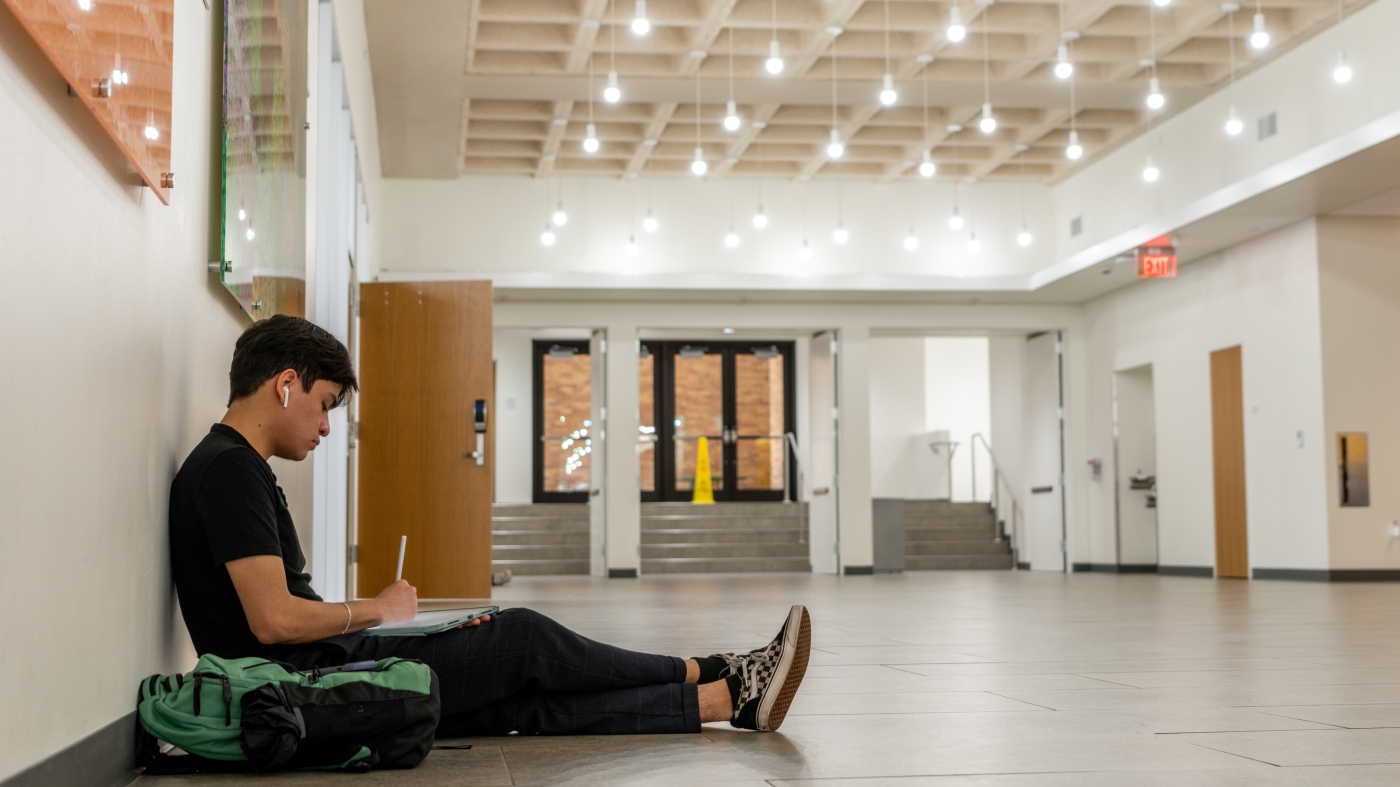In today’s rapidly evolving job market, the debate over the value of a college degree continues to be a hot topic. A recent survey by the Lumina Foundation and Gallup sheds light on the perspectives of nearly 14,000 adults aged 18 to 59 who do not hold a degree. The findings reveal a nuanced view of higher education’s worth, highlighting both its perceived benefits and the challenges associated with its costs.
According to the survey, only 18% of adults without a college degree feel that four-year colleges charge a “fair” price. Despite this, many still see significant value in obtaining a degree. The poll, conducted last October, included responses from current students and individuals who started but did not complete their education. For more details, you can explore the full survey results here.
Although perceptions of the value of degrees have declined by about 5% over the past year, the majority across different demographics still believe in the importance of at least one degree—be it an associate or bachelor’s. Courtney Brown, a Lumina Foundation executive, explains, “They know that a degree is gonna open doors for them. They know that a degree is the opportunity to a better job and a better life.”
Perceived Value of Degrees
The survey further reveals that 70% of adults without a college degree consider a bachelor’s degree “extremely” or “very” valuable, compared to 55% for an associate degree. This sentiment is echoed by Sophia Ladios, a 22-year-old studying forensic science and criminal justice at a community college in Palatine, Illinois. She plans to continue her education at the University of Illinois Chicago for a bachelor’s in biological sciences, stating, “It just takes you to another level.”
Return on Investment
When it comes to financial returns, 58% of survey participants believe college will pay off within five years of graduation, with nearly 90% expecting returns within a decade. This belief holds regardless of whether respondents took out student loans. Brown notes, “People do believe they’re going to get a return on investment,” highlighting a positive outlook on higher education’s financial benefits.
Moreover, the quality of education in college programs also influences this perception. Among those currently pursuing degrees, 72% in bachelor’s programs and 65% in associate programs rated their education as “excellent” or “very good.” Almost half of the respondents expressed high confidence that college would equip them with job-related skills and help secure a fulfilling career.
Community Colleges: A Feasible Option
Community colleges appear to offer a more accessible option, with 40% of surveyed adults agreeing that two-year colleges charge a “fair price,” compared to 18% for four-year institutions. These programs are generally more affordable and conveniently located, aligning well with local job markets. Bridgett Strickler from the Council for Adult and Experiential Learning praises this choice, noting, “That’s a really practical choice that people make.”
Strickler, who assists adults in pursuing or completing their college education, emphasizes the advantages of community college programs: “That saves them time and money, and that’s really the name of the game.”






